
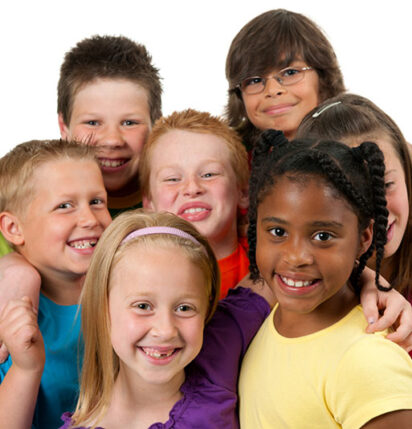
World Cultural Diversity day
We are different, we are the same

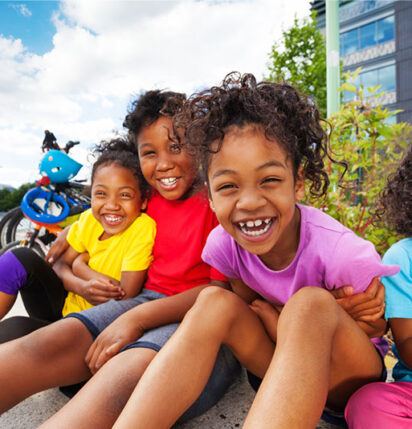
World Cultural Diversity day
We are one human race
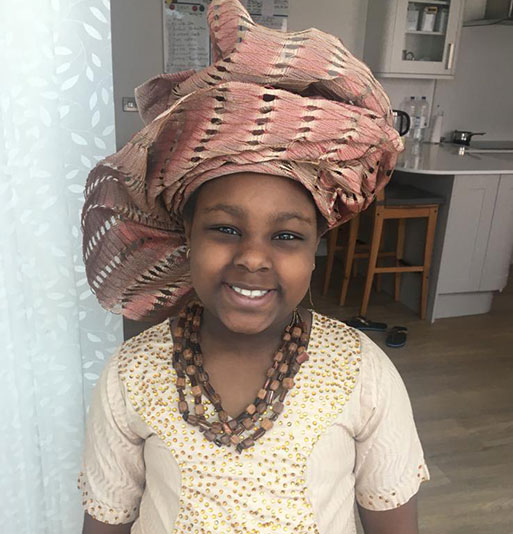
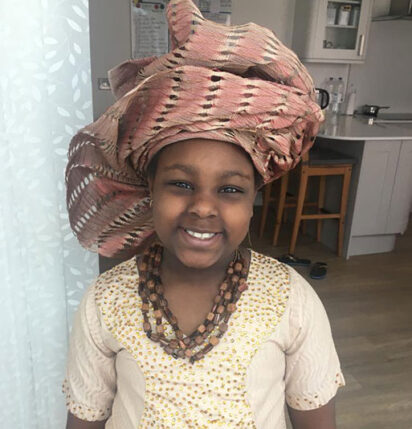
World Cultural Diversity day
We are unique
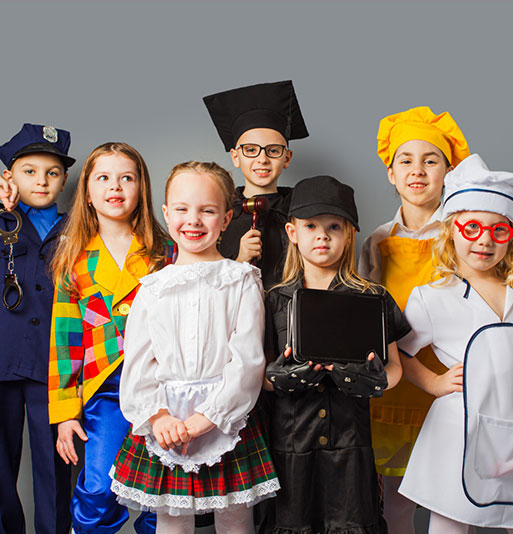
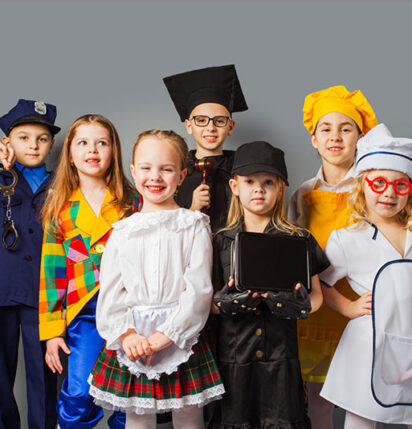
World Cultural Diversity day
We are the future
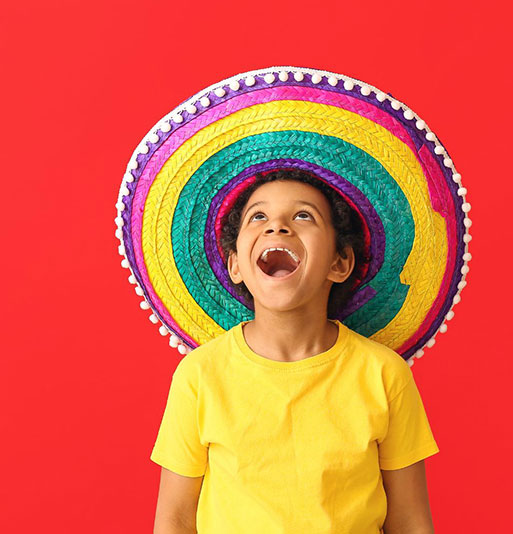
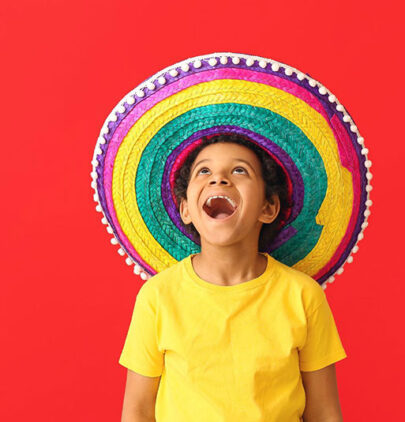
World Cultural Diversity day
We are special

What is World Cultural Diversity Day?
Since 2002, the World Day for Cultural Diversity for Dialogue and Development has been celebrated on 21 May.
What is World Cultural Diversity Day?
UNESCO, 2022

Why World Cultural Diversity Day?
Cultural diversity is directly related to the question of identity and is seen as a common heritage of humanity and a human rights issue.
Why World Cultural Diversity Day?
Cultural diversity is directly related to the question of identity and is seen as a common heritage of humanity and a human rights issue.
Cultural diversity is important because it fosters understanding, tolerance, and appreciation of the diverse backgrounds and perspectives of individuals, while creating a more inclusive and cohesive society that values cultural richness. Encouraging linguistic diversity in education, promoting diverse content in media, supporting creative industries, and preserving cultural heritage are some of the measures that can be taken to promote respect for cultural diversity. Incorporating cultural diversity into education, media, and the arts can help achieve these goals and create a more equitable and harmonious society.
Introduction
Afrikindness & Cultural Diversity Day
Afrikindness as an organisation is committed to promoting and celebrating diversity. On this webpage, you will find lots of ideas, lesson plans and activities that will enable you celebrate Cultural Diversity Day in your setting. Celebrating cultural diversity day is important for many reasons:
Celebrating cultural diversity day can help promote understanding and respect for different cultures, traditions, and beliefs. It can help people learn about the experiences, histories, and contributions of different groups and increase awareness of their diversity.
Celebrating cultural diversity day can foster a sense of inclusion and unity, as people come together to celebrate their differences and similarities. It can help build bridges between different groups and promote a sense of community and shared values.
Celebrating cultural diversity day can help combat discrimination and prejudice, as it raises awareness of the negative impact of stereotypes, bias, and discrimination. It can help promote a more inclusive and equitable society by challenging discriminatory attitudes and behaviours.
Celebrating cultural diversity day can also encourage creativity and innovation, as people are exposed to different perspectives, ideas, and ways of thinking. It can inspire new ways of looking at the world and lead to new solutions to global challenges.
In short, celebrating cultural diversity day is important because it promotes understanding, fosters inclusion, combats discrimination, and encourages creativity and innovation.
"Culture should be considered as the whole of the distinctive spiritual, material, intellectual, and affective features that characterize a society or social group and which embrace, in addition to the arts and letters, ways of life, ways of living in community, value systems, traditions, and beliefs."
- UNESCO, 2002
Schools
Mandatory teaching of Afro-Brazilian History and Culture and the anti-racist movement in schools.
Did you know that since 2003 Brazilian law requires the inclusion of the theme Afro-Brazilian History and Culture in the official curriculum of the primary and secondary education network?
Schools play a huge role in promoting the inclusion and participation of all citizens in its spaces and ensuring cultural pluralism in its pedagogical practices, political project, and curricula. An inclusive school means placing diversity at the heart of school priorities—being diverse by design. An important step is reflecting and debating the school's vision of development, learning, and diversity involving the whole school community. Followed by a shared conceptual framework that can determine organizational and curricular decisions such as the grouping of students, methodological choices, assessment, etc. Everyone has a very important role to play in creating an inclusive learning environment.
Here are few ideas selected to address the theme of cultural diversity in your school and/or classroom.
The school, from early childhood education on, has as one of its responsibilities to develop respect for diversity. For this, it must encourage this attitude among the children daily through situations of coexistence and solidarity. One of the possibilities to develop respect for the different origins of children is to include, in the classroom reading activities, stories lived by representatives of various ethnic groups, playing the most diverse roles. Knowing the culture of different peoples, their current histories, and those of ancient times help children to get different answers to questions about the world around them, whether social or natural.
A school in the interior of Brazil has an interesting experience to share, read their story below:
To bring this issue to life with our students, we created a project called "Our Community, Our History", with a focus on recognizing and valuing the history and culture of our community. One of the actions of the project was to carry out field research, in which the students interviewed the oldest residents of the village and old documents that were recovered, newspapers, and even letters.
With all this data in hand, our teachers and students were able to recover the origin of the name of our village and the history of the community and to share it with the residents, they wrote it down and presented it in the form of a theatre.
It was not easy at first, but the result we noticed, especially in the cultural part, was very expressive, the students and their families embraced the project, which became permanent at the school, developing other actions to value the local culture, such as craft fairs and musical events.
Inviting children and young people to search for their origins, and researching ethnicity, culture, habits, descent, and ancestry can be very productive. When they gather their research, it is undoubtedly important that the teacher reinforce the characteristics of each of the origins and their differences. As well as the existence of the plurality of cultures and how this diversity is relevant for the transformation of the environment and the history of humanity itself.
Identify the options for each age group of students and select literary works, films, series, documentaries, podcasts, and other materials that have diversity and social inclusion as the main theme to work in the classroom. For children in early childhood education, for example, using literary characters to approach diversity and social inclusion is a good alternative. For young people, a variety of films and series deal with social inclusion and concepts such as prejudice, bullying, and discrimination smartly and engagingly.
Some authors define empathy as the rational understanding that we have of the place of the other, which also implies a connection that takes place on an emotional and personal level between two different subjects. In other words, having empathy is to recognize in ourselves what we see in others. In this sense, when the school provides the students with the opportunity to experience differences and diversity it helps them to understand the needs, perspectives, and intentions of others.
Parents
Parents can promote cultural diversity in many ways, including:
Parents can read books and watch movies with their children that feature characters from different cultures. This can help children learn about different cultures and gain a deeper understanding of the experiences of people from different backgrounds.
Parents can participate in cultural activities with their children, such as cooking traditional dishes, dancing, or attending cultural events. This can help children learn about different cultures and gain a deeper appreciation for diversity.
By promoting cultural diversity in these ways, parents can help their children become more open-minded, empathetic, and accepting of others, and contribute to building a more inclusive and equitable society.
Children
Children can promote cultural diversity in many ways, including:
Children can share their own culture with others by talking about their family traditions, customs, and beliefs. This can help promote understanding and appreciation for different cultures and encourage others to share their own experiences.
Children can try new foods from different cultures to learn about their cuisine and culinary traditions. This can help them gain a deeper appreciation for different cultures and broaden their culinary horizons.
Children can make friends with people from different cultures and learn about their experiences and perspectives. This can help promote understanding and appreciation for different cultures and foster a sense of inclusion and unity.
Children can celebrate cultural holidays and festivals from different cultures to learn about their customs and traditions. This can help promote understanding and appreciation for different cultures and foster a sense of community and shared values.
By promoting cultural diversity in these ways, children can become more open-minded, empathetic, and accepting of others, and contribute to building a more inclusive and equitable society.

